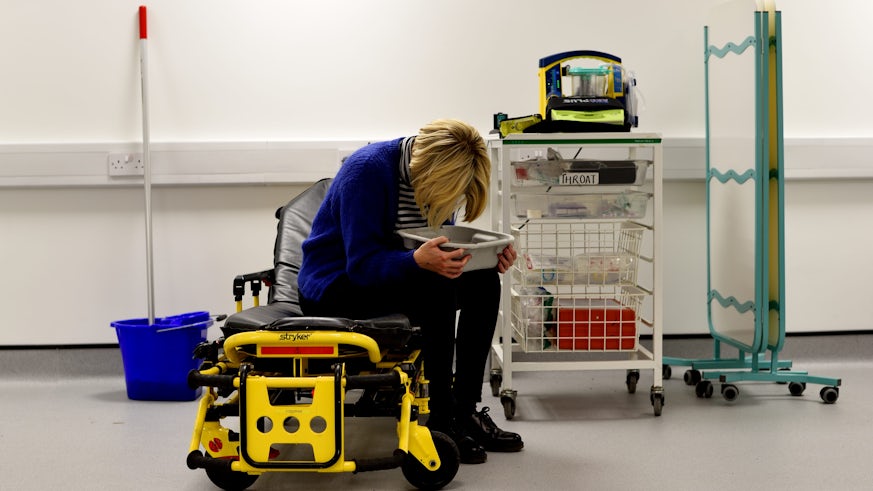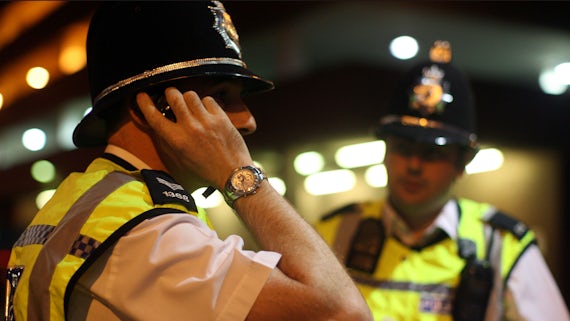Are drunk tanks the answer to UK’s problem of intoxicated revellers?
29 November 2017

As the festive season gets underway, and the number of revellers in our town and city centres rises sharply, researchers at Cardiff and Sheffield Universities are assessing whether bespoke treatment services are an effective way of treating acutely intoxicated people and lessening the burden on overstretched emergency care services.
The findings of the study, which was funded by the National Institute for Health Research, are due in 2018 and are intended to provide evidence on whether alcohol intoxication management services should be rolled out as a standard means of managing intoxicated patients.
Emergency departments around the world are familiar with alcohol-related attendances, especially from acute alcohol intoxication and its related injuries. In the UK, it’s estimated that 12-15% of patients attending emergency departments are there from acute alcohol intoxication. Not surprisingly, attendances peak on Friday and Saturday evenings when up to 70% of all attendances can be alcohol related.
In addition to increasing the workload of emergency departments, and the waiting time for other patients, around 40% of intoxicated patients also arrive by ambulance, possibly diverting them away from other emergencies.
Professor Simon Moore, from Cardiff University's Violence and Society Research Group, said: “Highly intoxicated people can be a massive burden and disruptive influence on the emergency healthcare system and its other patients.
“While the UK and other countries around the world have explored a variety of different services that can divert intoxicated people away from emergency departments there has been very little formal evaluation of their effectiveness, particularly in the UK where the level of alcohol misuse is one of the highest in the world.”

In the UK, several towns and cities have implemented bespoke services to divert intoxicated people away from emergency departments. While the services are diverse, ranging from the Cardiff Alcohol Treatment Centre to Hereford’s Emilia’s Place, all have common features, such as being run by multiple agencies and being located in or near areas with a high density of licensed premises.
Professor Moore added: “Evidence suggests that Emergency departments see more intoxicated people then is necessary, possibly due to risk aversion on the part of those referring people to them, and also because there is nowhere else for intoxicated people to go. This would suggest that there is a role for alcohol intoxication management services, even in the form of safe havens that don’t offer full emergency room services. However, there is still limited evidence of the effectiveness of those that are up and running.
“By comparing data from cities with and without bespoke services, we hope to get a clearer picture of their effectiveness for the patients, cost effectiveness and impact on frontline staff involved in managing intoxication.”
The paper ‘Managing alcohol-related attendances in emergency care: can diversion to bespoke services lessen the burden?’ is published in Emergency Medical Journal.
Share this story
We are reducing violence through research, new use of data and original collaborations between medicine and criminal justice.






